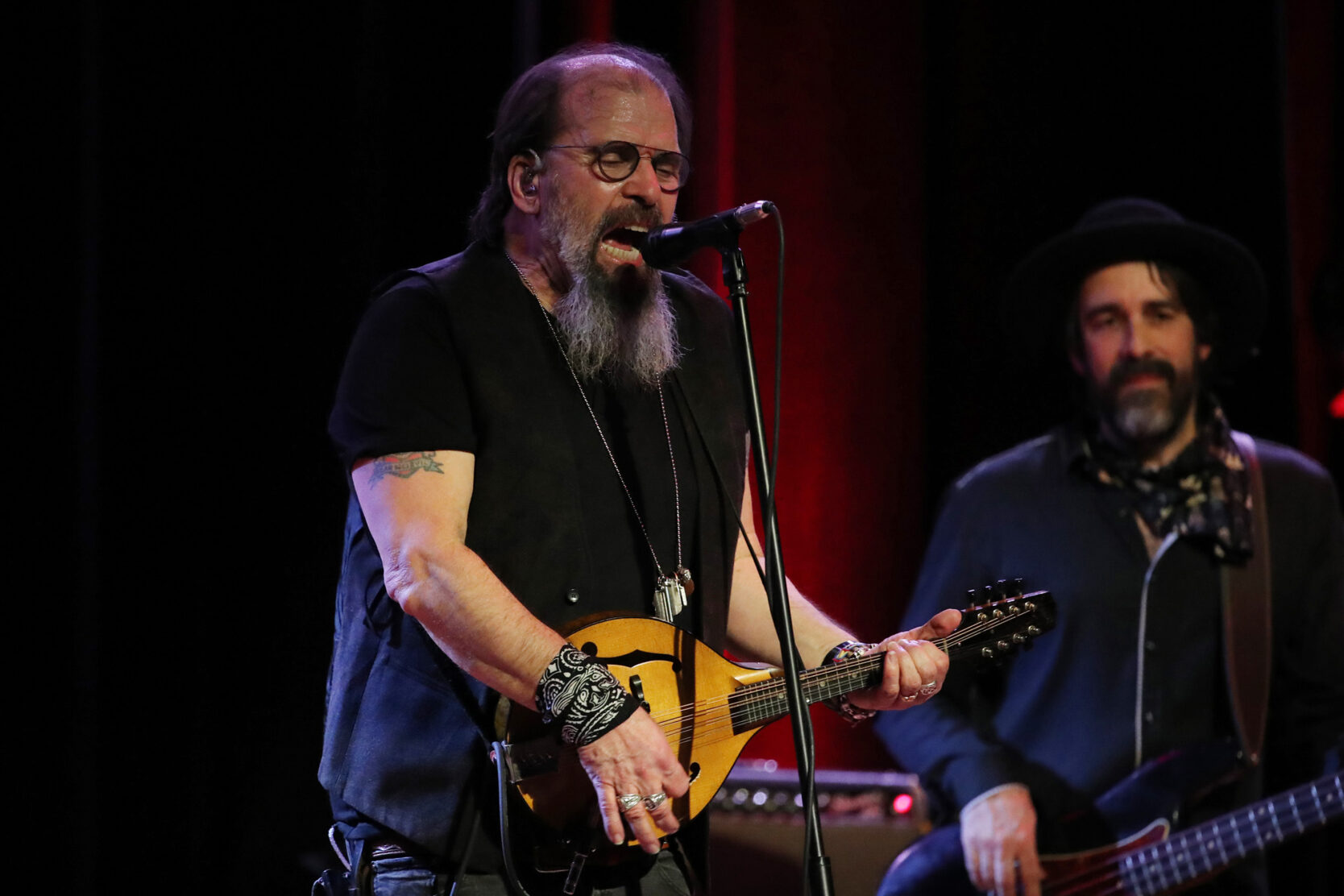Grammy-winning alt-country kingpin Steve Earle didn’t intend for his latest album, Ghosts of West Virginia, to be a serious history lesson. There is a dark real-life event that he hopes the coal-mining-themed concept record will illuminate — West Virginia’s deadly Upper Big Branch mining disaster of 2010. It took the lives of 29 workers but was never fully explored since most of the victims’ relatives never got their day in court before corporate criminal liabilities were settled for $209 million.
”Because no one was convicted of the explosion itself, therefore were no victims,” he notes. “So any victims’ families’ impact statements weren’t relevant.”
Before expanding to album length, Ghosts (which is out on May 22) began as a rustic soundtrack for playwright collaborators Jessica Blank and Erik Jensen’s Coal Country as a play with music — which just closed its favorably-reviewed Earle-starring run at New York’s The Public Theater after only two weeks due to the devastating coronavirus pandemic. It quickly became a labor of love for its composer.
“I’m always going to make a record about something,” Earle says of his ambitious 20th studio effort, introduced by the current flagship single “John Henry Was a Steel Drivin’ Man.”
“I have bills to pay, so I always have to figure out what the next record is going to be. But this one was a chance for me to actually help these people tell their stories and that not happening as it should have — or could have — because of the way this virus is playing out?” he sighs, somberly. “That will break my heart, because this is some of the best work I’ve ever done, in the theater and on record. I’m really proud of it.”
The troubadour is no stranger to colorful-mining mythology — as a kid moving from Tennessee to Texas with his mother, he would bring in chunks of his home state’s coal to classroom show and tell as it baffled other students who had never seen it.
Earle brought his son John Henry — who has autism — to Nashville from the boy’s native New York City with him (along with 10 guitars he needed for a now-postponed spring tour), where they were staying home as directed by authorities.
“Once they closed John Henry’s school in New York — and even the gym where I work out — there was no real reason to stay,” he says. What does he make of the world-altering threat? “There’s a lot of panicking involved, but that doesn’t mean that the pandemic’s not real,” he replies. “It’s just a virus that got ahead of the curve, and it was bound to happen eventually and the fact that it came from China just made it go further, faster. There are more Chinese people than there are of any race in this world.”
Earle had worked closely with the Blank/Jensen team before on The Exonerated, the off-Broadway tale of wrongful conviction. But there was another ulterior motivation behind rootsy Ghost fables like “The Mine,” “Black Lung,” “Union, God and Country” and the banjo-plucked “Devil Put the Coal in the Ground.” When the writers offered him the Coal Country soundtrack, he maintains, “An opportunity fell into my lap to do something that I’d wanted to do on this next record anyway, and that was to make a record that spoke for — and to — people who didn’t vote the way that I did. Because I think what’s killing this country more than anything else — coronavirus notwithstanding — is a virus borne of us not understanding each other, and not understanding what we have in common.”





